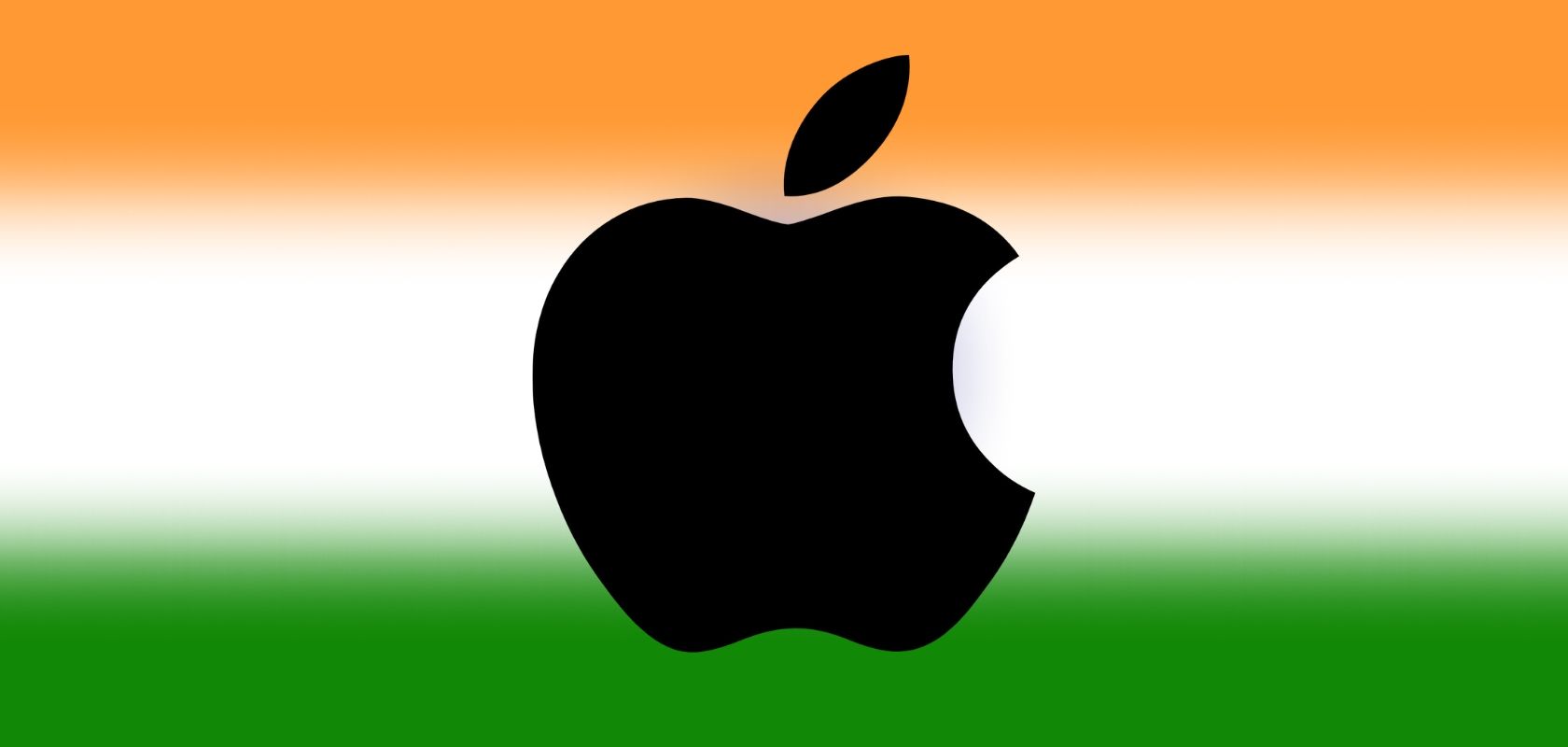Apple treats the promise of privacy as a part of its brand and a way to differentiate itself from Big Tech competitors like Google, whose reputation privacy-wise has at this point probably been tarnished beyond repair.
In the US, Apple famously refused to decrypt the phone of one of San Bernardino shooters when ordered to do so by the FBI. Of course, a promise of privacy is one thing, while actually being able to provide it is another, and so the FBI found another way to crack the iPhone.
Now, Apple is facing problems in India that will also test its pledge of privacy. There, the company is being asked to turn over user data that the Delhi High Court wants to use as evidence in a case involving violence at the Jawaharlal Nehru University (JNU).
At least 34 people were injured on January 5 when masked persons descended on the campus, assaulting students and teachers with rods and sticks in a multi-hour attack. Three of the university’s teachers – Ameet Parameswaran, Atul Sood and Shukla Vinayak Sawant – now want Apple, Google, and Facebook’s WhatsApp to provide investigators with any user data they possess that could help identify the attackers and solve the case.
Click here to display content from YouTube.
Learn more in YouTube’s privacy policy.
The data in question includes photos, videos, and messages. The three JNU professors who submitted the petition to the court also want investigators to gain access to two WhatsApp groups and their members’ pictures, videos and phone numbers.
It won’t be known until Tuesday, when the next hearing is scheduled to take place, how the US tech giants will respond to the notice issued by the Delhi court. According to Indian media, even a week after the campus violence the police have not yet made any arrests. If data is obtained from the three social networks, it will be combined with all CCTV footage relevant to the case.
Apple already “clashed” with Indian authorities in 2017, when the company said an official government app violated its privacy policy by gaining access to calls and messages. But in 2018, Apple allowed “a version” of the app onto it App Store.













